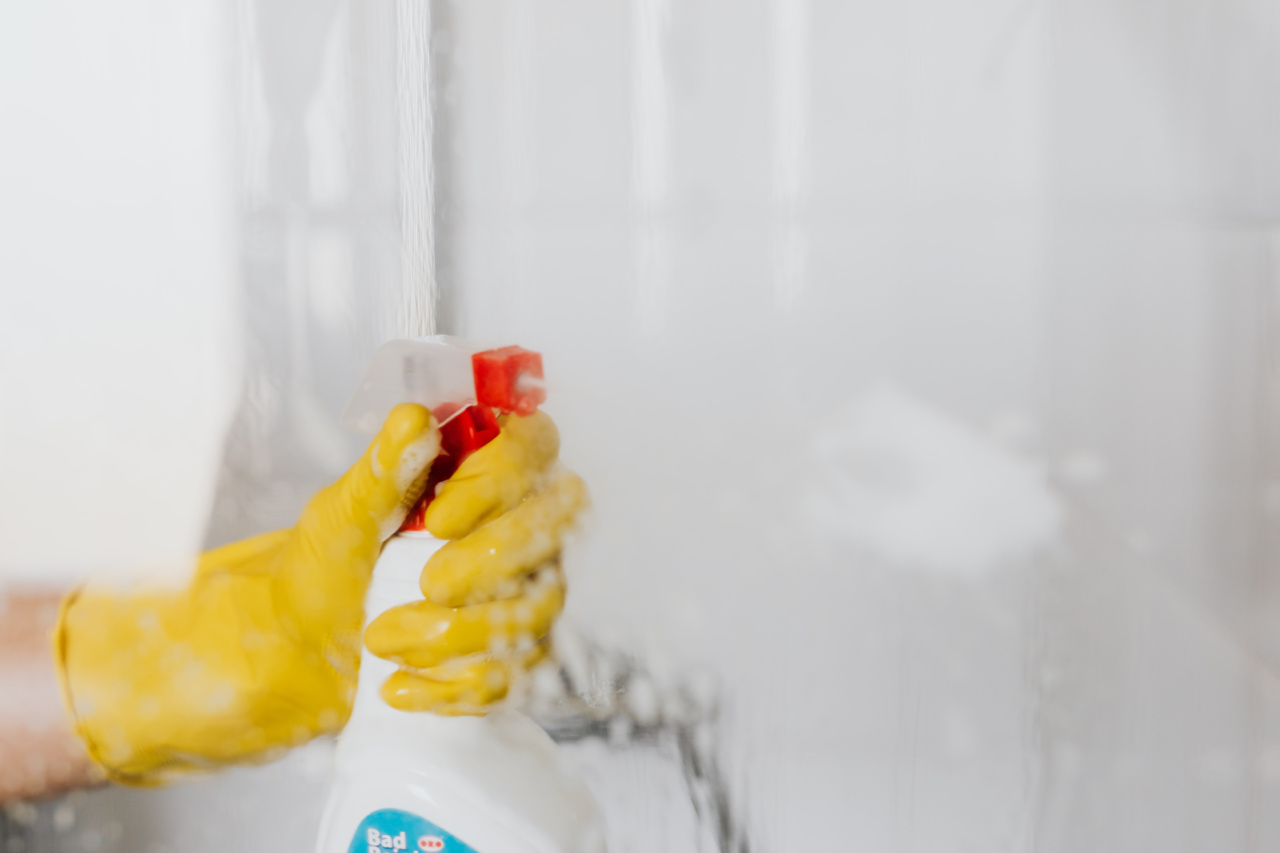Plastic water bottles have become a ubiquitous part of our daily lives. We carry them to work, school, and the gym, using them to stay hydrated throughout the day.
However, recent studies have raised concerns about the potential health risks associated with these seemingly harmless containers. One potential risk is the development of uterine tumors in women who regularly consume water from plastic bottles. In this article, we explore the reasons behind this alarming connection and provide insights into how you can protect yourself.
The Link between Plastic and Uterine Tumors
Research has suggested that certain chemicals found in plastic, such as bisphenol A (BPA) and phthalates, can disrupt the body’s delicate hormonal balance.
These chemicals are known as endocrine disruptors, as they interfere with the proper functioning of hormones in the body. When ingested, they can mimic or interfere with the actions of estrogen, a hormone responsible for regulating the reproductive system.
Studies have shown that prolonged exposure to endocrine disruptors like BPA and phthalates can increase the risk of developing various reproductive health issues, including uterine tumors.
These tumors are abnormal growths that originate in the uterus and can be benign (non-cancerous) or malignant (cancerous). They can lead to a range of symptoms, including abnormal bleeding, pelvic pain, and infertility.
How Plastic Water Bottles Contaminate Water
One of the primary ways in which plastic water bottles contribute to the contamination of water is through leaching.
Leaching is the process by which substances from the plastic, such as BPA and phthalates, leach or migrate into the water contained in the bottle. This phenomenon intensifies when the bottle is exposed to high temperatures, such as when left in a hot car or during the process of sterilizing it.
Another important factor to consider is the age and condition of the plastic bottle itself. Over time, plastic bottles can deteriorate, leading to cracks, scratches, and other forms of damage.
These imperfections provide an ideal breeding ground for bacteria, which can further contaminate the water and pose health risks. Additionally, certain types of plastic, such as polyvinyl chloride (PVC), are more likely to leach harmful chemicals than others.
The Health Risks Posed by BPA and Phthalates
Bisphenol A (BPA) and phthalates are two common chemicals found in many plastic products. These chemicals have been linked to a range of adverse health effects, including not only uterine tumors but also other reproductive issues.
Exposure to BPA and phthalates during pregnancy has been associated with an increased risk of preterm birth, low birth weight, and developmental problems in children.
Furthermore, BPA and phthalates have been associated with hormonal imbalances, which play a crucial role in the growth and regulation of uterine tissues.
The disruption of these hormonal processes can lead to the development of uterine tumors over time.
Safe Alternatives to Plastic Water Bottles
Given the potential risks associated with plastic water bottles, many individuals are turning to safer alternatives. Here are some options to consider:.
1. Stainless Steel Water Bottles
Stainless steel water bottles are an excellent choice for those looking to reduce their exposure to harmful chemicals. These bottles are durable, free of toxins, and easy to clean.
They also have excellent insulation properties, keeping your beverages hot or cold for extended periods.
2. Glass Water Bottles
Glass water bottles are another safe alternative to plastic. They are non-toxic, reusable, and do not leach any harmful chemicals into your drinks. However, they can be more fragile than other types of bottles, so care must be taken to prevent breakage.
3. BPA-Free Plastic Water Bottles
If you prefer to stick with plastic water bottles, opt for ones that are labeled as BPA-free. While these bottles may still contain other chemicals, they are generally considered safer than those containing BPA.
It is essential to choose reputable brands that prioritize safety and transparency.
4. Filtered Water Bottles
Filtered water bottles offer an added layer of protection by removing harmful contaminants, such as bacteria, chlorine, and heavy metals, from your drinking water. These bottles typically come with built-in filters or replaceable filter cartridges.
Take Action to Protect Yourself
Reducing your exposure to potentially harmful chemicals is crucial for maintaining your reproductive health. Here are some steps you can take to protect yourself:.
1. Limit Your Use of Plastic Water Bottles
Consider minimizing your reliance on plastic water bottles by switching to safer alternatives, as mentioned previously. Carry a reusable water bottle with you wherever you go to ensure you have access to clean drinking water.
2. Store Water Properly
If you choose to use plastic water bottles, be mindful of how you store them. Avoid subjecting them to high temperatures, such as leaving them in a hot car or exposing them to direct sunlight for extended periods.
3. Clean and Replace Bottles Regularly
Whether you use plastic, stainless steel, or glass water bottles, it’s crucial to clean them regularly. Bacteria can thrive in any type of bottle if not properly maintained.
Follow the manufacturer’s instructions for cleaning and consider replacing your bottles periodically to ensure they remain in good condition.
4. Advocate for Safer Packaging
Use your voice to raise awareness about the potential health risks posed by plastic water bottles.
Encourage local businesses and organizations to switch to safer alternatives and promote the use of refill stations for water instead of single-use bottles.
Conclusion
While plastic water bottles have become a convenient part of our daily lives, they may also pose a hidden threat to our reproductive health.
The chemicals present in plastic, such as BPA and phthalates, can disrupt our hormonal balance and increase the risk of developing uterine tumors. By opting for safer alternatives, such as stainless steel or glass water bottles, and taking precautions in storing and cleaning them, we can reduce our exposure to these harmful substances and protect our well-being.






























